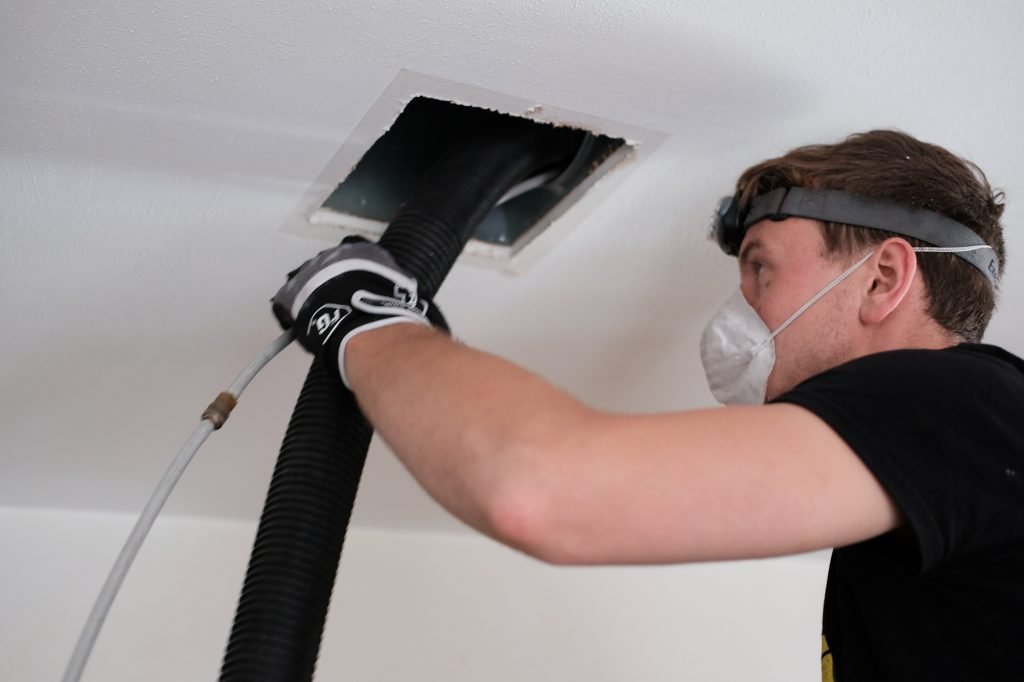HVAC breakdowns happen more often during the cold months when we rely on heaters to stay warm. However, as the seasons change and we turn on the air conditioning, breakdowns are more likely to happen as well. Here are the most common causes and ways to prevent them.
Refrigerant leaks
One of the main causes of HVAC breakdowns is leaks in the refrigerant. This is a chemical compound that begins as a liquid and changes to a gas as it absorbs heat. Today’s refrigerants are highly efficient in removing heat from the air, but a refrigerant leak can have negative effects on the performance of your HVAC system. Leaks can occur in a number of different parts of your HVAC system, including the indoor coil, which contains copper tube walls. These tubes can corrode and eventually allow refrigerant to leak.
A refrigerant leak will not only affect your HVAC system’s efficiency but also affect the quality of the air inside your home. As a result, it can have a negative impact on your health. There are several ways to recognize a leak and prevent it from affecting your home. The first step is to check your air conditioner for any hissing or weak air coming from the vents.
Dirty air filters
Dirty air filters restrict airflow, which results in a poorly working air conditioner or heater. They also can lead to ice forming on the evaporator or coils of your HVAC system, reducing the ability of your system to remove heat. This can lead to an HVAC breakdown and cost you a significant amount of money. Luckily, there are some easy solutions to this problem.
One simple fix for the problem is to replace your filter. If your filter is too dirty, it will increase the chance of your system breaking down and requiring an expensive repair. Dirty air filters will also affect the life of your system, increasing energy bills and shortening the lifespan.
Overheating
One of the major causes of HVAC breakdowns is overheating. When an HVAC unit is overheating, it will automatically shut down until it can fix the problem. Common causes of overheating are dirty fan blades, frozen cooling coils, and too much use of the HVAC system. If you see any of these signs in your HVAC system, you should get it checked immediately by a professional.
Another cause of overheating is dirty air filters. Dirty filters block the flow of air, which results in increased energy use and increase energy bills. The condenser coils of HVAC systems can become clogged with dust and debris, so it’s important to regularly clean them. Also, keep in mind that each HVAC unit has a life expectancy. If your HVAC unit is getting close to the end of its lifespan, you should replace it.
Electrical problems
It’s common to see electrical problems in HVAC systems, and these issues are often the root of HVAC breakdowns. These breakdowns can lead to uncomfortable conditions in the home, but they can also be prevented by proper maintenance. If you’re experiencing uncomfortable conditions, contact a local HVAC technician to help fix the problem. In addition, preventive maintenance will help extend the life of your HVAC system. Here are a few ways to prevent electrical problems in your HVAC system.
If your HVAC system is experiencing trouble, you may have a blown fuse or circuit breaker. This means that your HVAC is consuming too much power. Fortunately, it’s easy to fix electrical issues in your HVAC system. A professional HVAC technician will be able to check for loose connections and fix them as needed.
Improper installation
One of the most common causes of HVAC breakdowns is improper installation. Fortunately, there are ways to prevent these mistakes. Proper installation allows your HVAC system to operate as efficiently as possible, which reduces energy costs. During an installation, homeowners should be sure to remove any objects or shrubbery that could block the vents and trim any nearby shrubs or trees. The improper installation also increases the risk of costly repairs down the line. To avoid these problems, hire a certified and trained HVAC contractor to perform the work.
Improper installation can also lead to uneven temperatures in your home. This can result from an improper installation or an inadequately sized HVAC unit. As the size of an HVAC unit is directly proportional to its power, the incorrectly sized system could cause problems such as blowouts and poor performance. Also, an improperly sized unit can lead to a constant start-stop cycle, and quick wear and tear.

